What Happens If You Can’t Pay Back Student Loans? (Truth Schools Never Teach)
 Urgent: Scholarships Closing This Month — Final Call t0 Apply
Urgent: Scholarships Closing This Month — Final Call t0 Apply
Imagine graduating with a decent job, determined to pay off your Student Loan. Then one month your payment doesn’t go through—due to job loss, health issues or just a slip. A few negligent payments later, and suddenly—you’re facing consequences you weren’t taught in school. This is the raw truth: what happens if you can’t pay back student loans isn’t just a mild inconvenience—it can alter your entire financial future. Let’s walk through exactly what happens, why it matters, how the worst scenario unfolds—and most importantly, how to avoid the trap.
Why This Matter: The Big Picture
School taught you about tuition, graduation, job prospects—but rarely about defaults, wage garnishment or tax refund offsets. The fact is: when you borrow to invest in your future, failing to pay can drag your future into a debt-driven pattern. According to the U.S. Department of Education, your loan enters default after about 270 days of non-payment. (Federal Student Aid)
That means if you stop paying today, by around nine months you could be in full default—triggering serious actions. Schools often omit this clearly.
How It All Begins: Delinquency vs Default
First things first: you need to know the difference.
- Delinquency: When you miss a payment or a part of one, your loan becomes delinquent.
- Default: A more serious status. For federal student loans, default occurs after roughly 270 days (about 9 months) of missed payments. (Federal Student Aid)
Once you’re delinquent, the dominoes start falling:
- After 30 days: Late fees may be charged. (College Ave)
- After 90 days: Your loan servicer can report the delinquency to the three major credit bureaus, affecting your credit. (Laurel Road)
- After 270 days: Full default—accelerated debt, collections, major financial damage.
The Long List of Consequences: What Happens If You Can’t Pay Back Student Loans

Here’s what can happen, step by step, when you can’t (or won’t) pay your student loans:
1. Credit Score Damage
Being delinquent means missing payments; that triggers credit bureaus. According to one guide, your credit score can suffer “a dramatic drop” if you default. (Investopedia)
A poor credit score makes getting a mortgage, car loan, or even renting an apartment far harder.
2. Interest & Fees Snowball
When you miss payments, interest continues to accumulate. Some unpaid interest gets added to the principal (capitalized). (Laurel Road)
What started as $30-$50 missed payment could turn into much more due to fees, capitalisation and collection costs.
3. Loan Acceleration and Collections
Once in default your lender / the government can demand full payment immediately—this is called acceleration. (Sallie Mae)
Then comes collections—a major financial burden.
4. Wage Garnishment & Tax Refund Seizures
This is where the damage hits home: For federal loans, the government can garnish your wages—without a court order. (VICE)
Tax refunds can be intercepted. Even your Social Security income might be offset depending on circumstances. The program called the “Treasury Offset” exists.
5. Loss of Eligibility for Future Financial Aid
If you default, you may no longer qualify for federal aid, grants or student loans in future. (Laurel Road)
Essentially: your access to educational finance gets cut off.
6. Long-Term Life Impacts
This isn’t just about the next year. A defaulted loan can affect:
- Home ownership ability
- Car loans and leasing
- Employment in certain fields (some employers check credit)
- Ability to relocate or start a business
In some cases, the debt remains indefinitely: there is no statute of limitations for many federal student loans. (Investopedia)
Table: Consequences vs Preventive Options
Here’s a quick side-by-side so you can see what can happen vs what you should do to avoid it:
| Consequence If You Can’t Pay Student Loans | What You Should Do Instead |
|---|---|
| Delinquency → Credit Score drop | Contact your loan servicer early to explore options |
| Default reached (~270 days) → Collections begin | Apply for income-driven repayment, deferment, forbearance |
| Wage garnishment & tax intercepts | Seek loan rehabilitation / consolidate default |
| Loss of future aid eligibility | Maintain communication and stay current on payments |
| Higher cost of borrowing / career blocks | Keep good credit, budget responsibly, pay what you can |
Why Many Schools Don’t Teach These Truths
The typical higher-ed message focuses on career outcomes, placements, tuition, and campus life. These are important—but preparing for what happens if you can’t pay back student loans often gets sidelined. A few reasons:
- It’s uncomfortable to talk about failure or default.
- Institutions want to emphasize access and opportunity, not risk.
- Some prospective students assume “loan = investment = job” and don’t plan for worst-case.
But truth is: debt without a plan is risk. And being uninformed can cost you far more than you expect.
Steps to Avoid the Worst and Stay Ahead
Here are actionable steps you can take now to avoid landing in worst-case territory:
- Know your loan details: interest rate, servicer name, payment terms.
- Budget for repayment: Estimate what your monthly payment will be after school.
- Explore income-driven repayment (IDR) plans: Many reduce payment to affordable levels. (See federal options.) (SoFi)
- Contact your servicer before you miss a payment: Deferment, forbearance or adjusted plans may apply.
- Create an emergency fund: Life happens—job loss, health issues. A small buffer helps.
- Avoid ignoring notices: Letters about delinquency default escalate fast.
- Watch your budget after school: Don’t assume you’ll “just make the payment later”; plan ahead.
- If defaulted: act immediately: You can rehabilitate or consolidate your loan to remove default status. (Federal Student Aid)
Real-Life Case: What Could Be Your Outcome?
Let’s paint two contrasting outcomes for “what happens if you can’t pay back student loans”.
Situation A – Early Action
Sara graduated, used an income-driven plan, made the minimum payment each month. She missed one payment but called her servicer, applied for temporary forbearance, and got back on track. Result: Credit stayed intact, she avoided default.
Situation B – No Plan
Mike graduates and loses his job. He misses payments, goes > 90 days delinquent. No communication with servicer. At ~270 days his loan defaults. He watches wages get garnished, tax refunds intercepted. He cannot get a car loan, his credit drops 100+ points. Years later he finally consolidates, but the damage is done.
The difference? Understanding what happens if you can’t pay back student loans and acting before the dominoes fall.
Conclusion
If you’ve borrowed money for school, you essentially made a bet: you’ll be able to earn enough to pay it back. But life doesn’t always play by script. Knowing what happens if you can’t pay back student loans isn’t pessimistic—it’s smart. It gives you the power to prevent financial derailment.
Whether you’re still in school, about to graduate or already repaying: take the responsibility seriously. Read your terms. Budget your future. Reach out if you hit trouble. Because schools might talk about loans and careers—but they don’t always teach you about default, wage garnishment and automatic debt acceleration. And that gap is the one you can fill by actively preparing today.
Take charge of your financial future. Don’t just hope you’ll keep up—plan for how you will keep up.
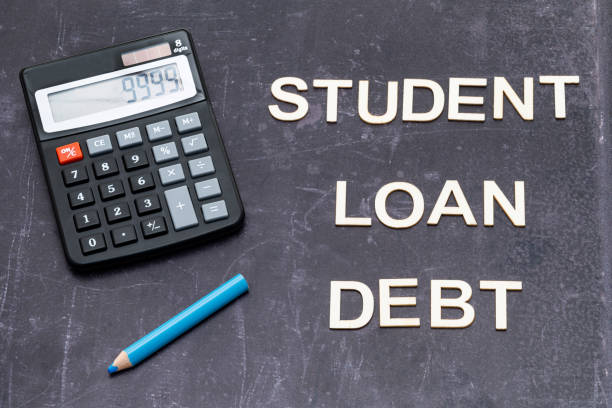
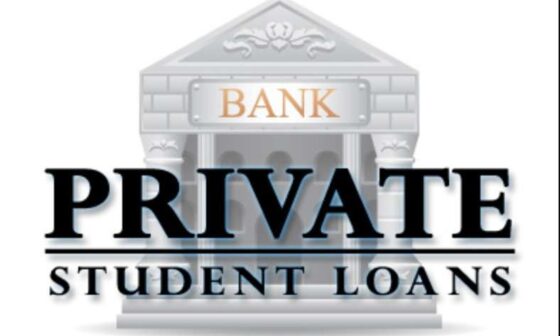

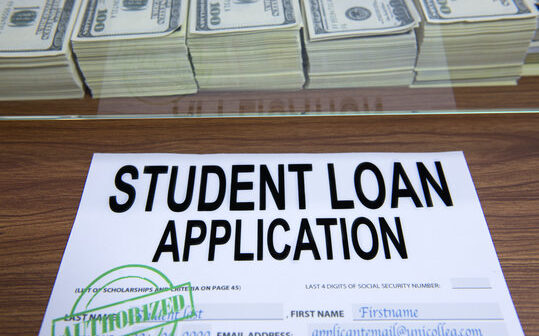

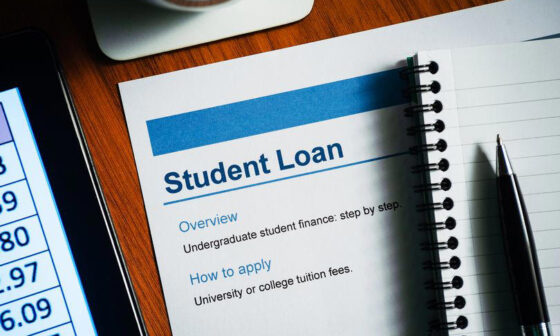
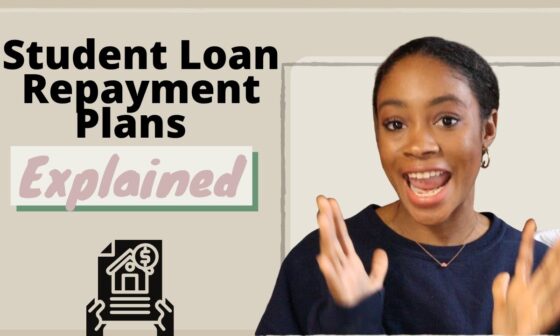
2 comments
сервисный центр бош в москве [url=https://moskva-bosch-master.ru/]бош сервис москва[/url]
益群网:终身分红,逆向推荐,不拉下线,也有钱赚!尖端资源,价值百万,一网打尽,瞬间拥有!多重收益,五五倍增,八级提成,后劲无穷!网址:1199.pw